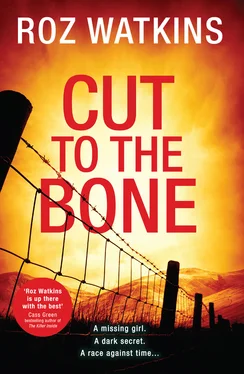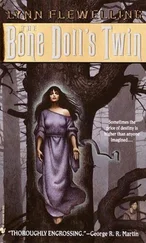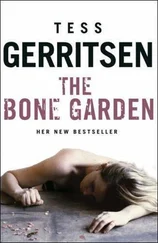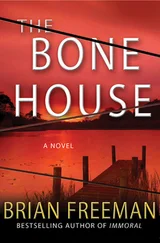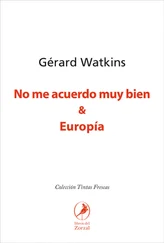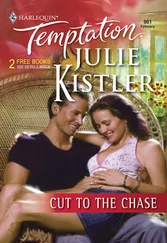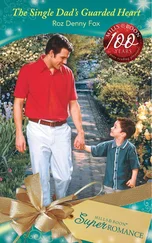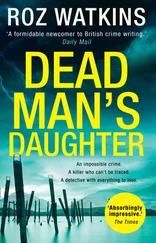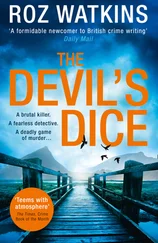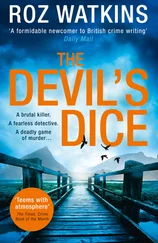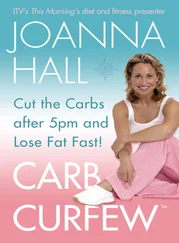Daniel talked about the curved walkways and rubber matting in the abattoir with great passion. Having read the comments – If anyone ever slits your throat, let’s hope they do it on rubber matting – I understood his nervousness.
I leaned back and closed my eyes. Was this really about meat? Bad stuff was usually more personal, the culprit a family member or boyfriend. Or the person herself. I of all people knew that.
But recently, tempers had been rising. People were angry. About appalling animal welfare in farms and abattoirs. About carpets of pig manure from intensively kept pigs being spread over the countryside (it being particularly tragic when an animal’s waste products saw more daylight than it did). About rainforests being incinerated to provide grazing for cattle. People were asking questions. Why should your desire to eat meat every day jeopardise my child’s right to a planet that’s not an uninhabitable fireball? Meat producers had become fair game. Could one of those angry activists have decided to make an example of Violet Armstrong?
I sighed. My money would still be on a boyfriend or family member. I navigated through to Violet’s personal website and clicked on a video that looked different from the rest. Violet was fully clothed. She spoke to the camera like a professional. ‘In the village of Gritton in the Peak District, there have been strange sightings over the last thirty years. Of a mysterious girl …’
That was weird. I wondered if this was the Pale Child that both Anna and Daniel had been so unwilling to talk about. I took a swig of tea and switched to full screen. Violet carried on speaking: ‘The child is thin and light-skinned, and dressed in white, Victorian clothes. Locals call her the Pale Child.’ Violet leaned closer to the camera and lowered her voice: ‘Stories of strange, silent children are common in urban myths and creepypasta. This one is supposedly the ghost of a murdered child who lived in the beautiful manor house that was drowned under Ladybower Reservoir. People in this village don’t like to talk of the child, and are scared of her. The rumour goes that if she sees your face, you’ll die.’
How strange. I wrapped my dressing gown tighter around me, even though it wasn’t cold.
I moved the cursor to the most recent video, dated three days ago, and clicked to play. Violet looked less composed this time. Strands of dark hair fell over her face and she was wearing no make-up. ‘I talked before about the Pale Child,’ she said. ‘And … well, I think I saw her.’
So it was true: Violet had seen the Pale Child. I crossed my legs and leaned closer to the screen. Violet’s voice was quiet, and husky as if she had a cold or had been shouting. ‘On the moor in Gritton. A girl, thin and pale with blonde hair, wearing old-fashioned clothes and a creepy Victorian-doll mask. She turned as I was watching and I think she saw my face. By the time I got out my phone to take a photo, she’d gone.’
In the video, Violet reached for a glass of water and took a sip. Her voice was less resolute than her words. She flicked her eyes down as she spoke. ‘You’re probably wondering if I’m worried now. Worried I’m going to die because of the Pale Child. Well, I’m not. I’m glad I saw the girl. And I’m going to find out who she is. Because I don’t believe in ghosts.’
I sat back and studied the last frame of the video: a close-up of Violet’s face. I played the video again, pausing it now and then to look closely at her. I stared into her eyes. Behind the professional veneer, she was scared.
I nipped upstairs to shower and dress, then remembered the phone call from Dad. It felt like a drunken dream, but I knew it had been real. He wanted to visit today, of all days. I stuck my head into the spare room. Dad had always been the tidy one – trailing round after me, Mum and Carrie, tutting and putting cereal boxes in cupboards, books on shelves. When Carrie got ill, she’d had a free pass. Cancer trumps having to tidy up. Cancer trumps everything. So his full irritation had been unleashed on me and Mum. The prospect of him staying in this room didn’t bear thinking about.
At least I’d changed the sheets, and there was a path to the side of the bed. I frantically piled the books into higher towers, thus freeing more floor space, albeit at the risk of Dad becoming entombed in the night. While I worked, I thought about Violet and the Pale Child. Obviously the child wasn’t a ghost, but who was she? Was she the reason for all the fences? The sign about Village of the Damned ?
The vacuum cleaner enjoyed a largely untroubled life in the corner of the spare room. I plugged it in and shoved it halfheartedly over the areas of carpet not covered by books. It made quite an impact – one advantage of cleaning on an annual basis was that you could see the difference. I reminded myself that I was in my thirties and if I wanted to live in a house with books piled on the floor and cobwebs hanging from the beams, that was my decision. It wasn’t that I enjoyed living under layers of dust, surrounded by spiders, but getting the hoover out had never been a priority in my life. Besides, spiders had the right to a peaceful existence.
I folded two towels and placed them on the bed, chucked a hotel shampoo bottle on top, and decided that would do. My eyes were drawn to a pile of framed photographs stacked in the corner. Photographs I’d not felt able to display. I fished one out and wiped the dust from it. Carrie and me on a beach, before she got ill. She was about eleven, squinting into the sun, blonde hair blowing into her eyes. I must have been around seven, although the way I was clutching a red bucket made me look younger. The colours were distorted, as if it was another world where greens were more yellow and reds more purple. I took the photograph and placed it gently on the bedside table. If Dad couldn’t cope with it, he could always put it away again.
A noise drifted up the stairs. The cat flap in the kitchen banging open. I left the spare room, resisting the urge to flick my eyes to the ceiling, and headed downstairs. Hamlet came beetling through to the hallway, his little legs a blur. I gave him a cuddle and had a quick look around with the eyes of a parental visitor. Not great.
I picked up a flyer for a pizza place that didn’t even deliver to my address, hearing Mum’s voice in my head. You need to stop trying to impress him. She certainly wasn’t trying to impress him with her recent antics. I felt a sharp stab of worry about her. I should visit but had no time. Nothing was more important right now than getting to work and finding Violet. If we didn’t find her today, we could virtually rule out finding her alive.
Bex – August 1999
Bex cradled a mug of tea. The kitchen was thick with the fug of wet coats and wet hair and wet dog, and she was sitting at a table with Kirsty, her dad, and the boy, plus a black Labrador who her dad had said was called Fenton. She’d tried to help them move the sandbags in the driving rain, and they were treating her as one of the heroic workers, but she knew she hadn’t been much use.
Bex had imagined it so many times, being back in Gritton, that it didn’t feel real. Kirsty was different to when she’d seen her two years ago – her edges sharper, the addition of something adult to her, a complexity to her reactions. Their dad was older, damper, less vibrant than she remembered.
Bex wanted to be nice, to get along with them, so they’d have no option but to embrace her into their lives. But she also wanted to scream at them, How could you? How could you send me away and visit me just three times in thirteen years? It wasn’t my fault!
‘You chose your moment to arrive in Gritton.’ Kirsty gave her what looked like a genuine, open smile. ‘An extra pair of hands was good.’
Читать дальше
